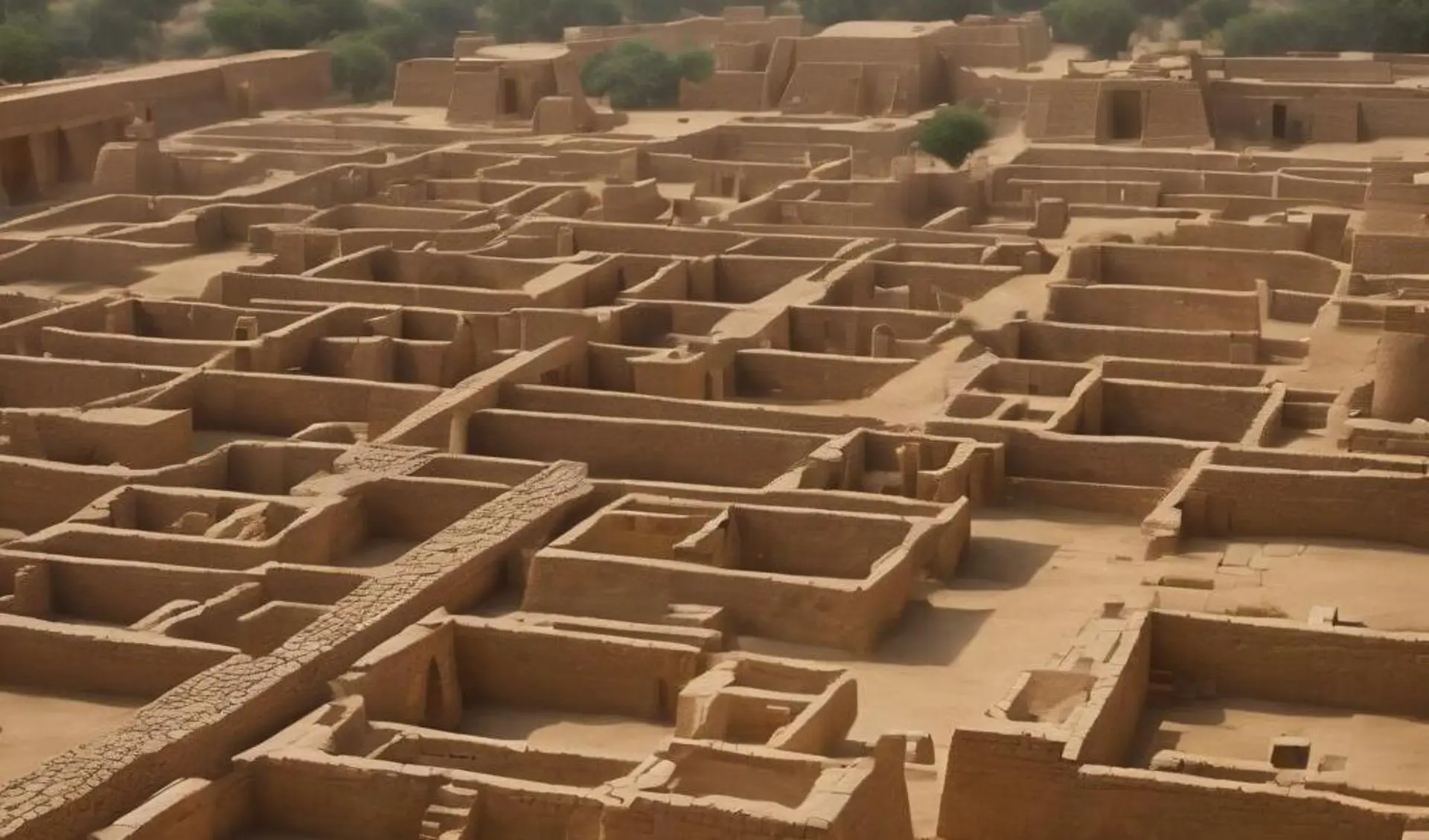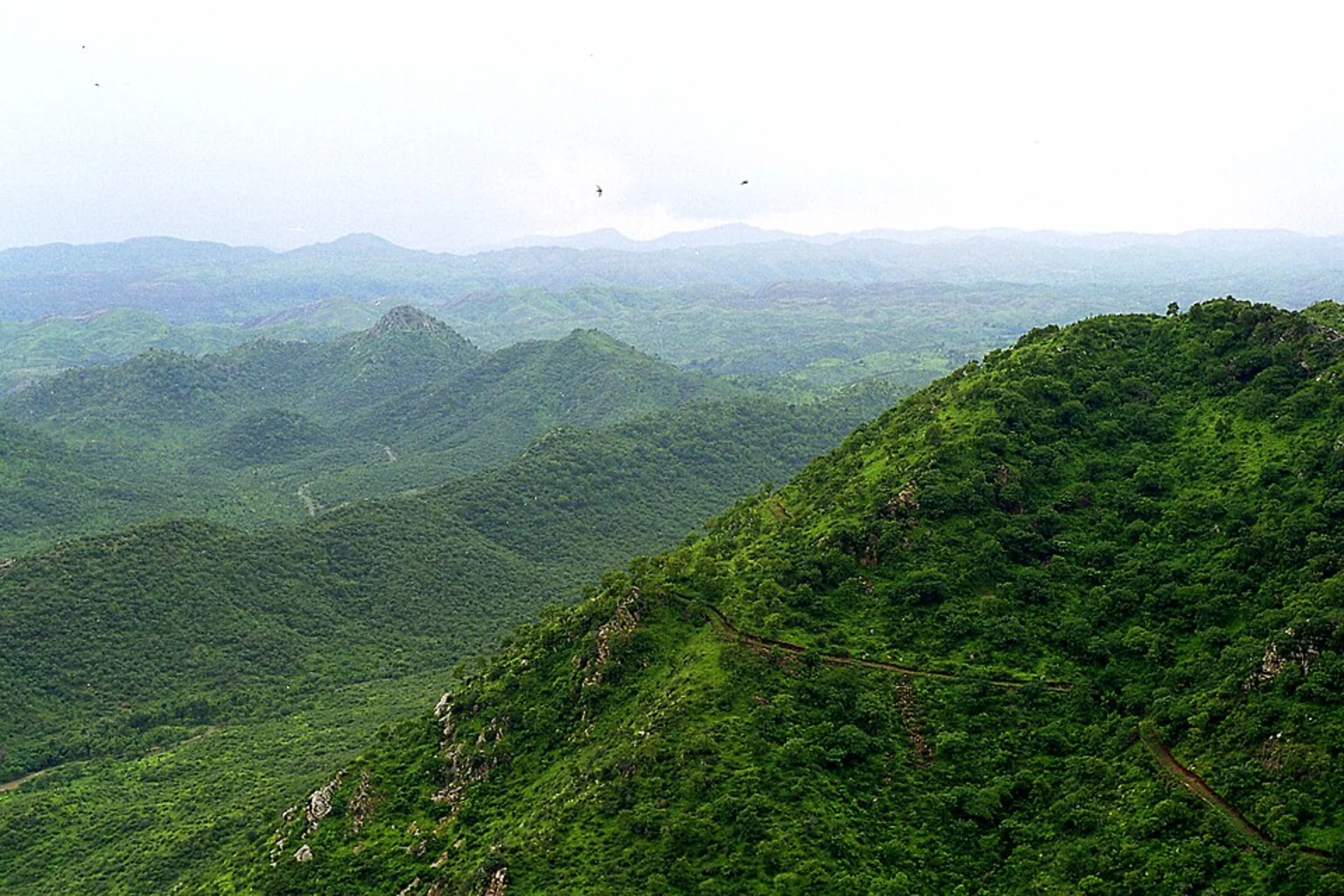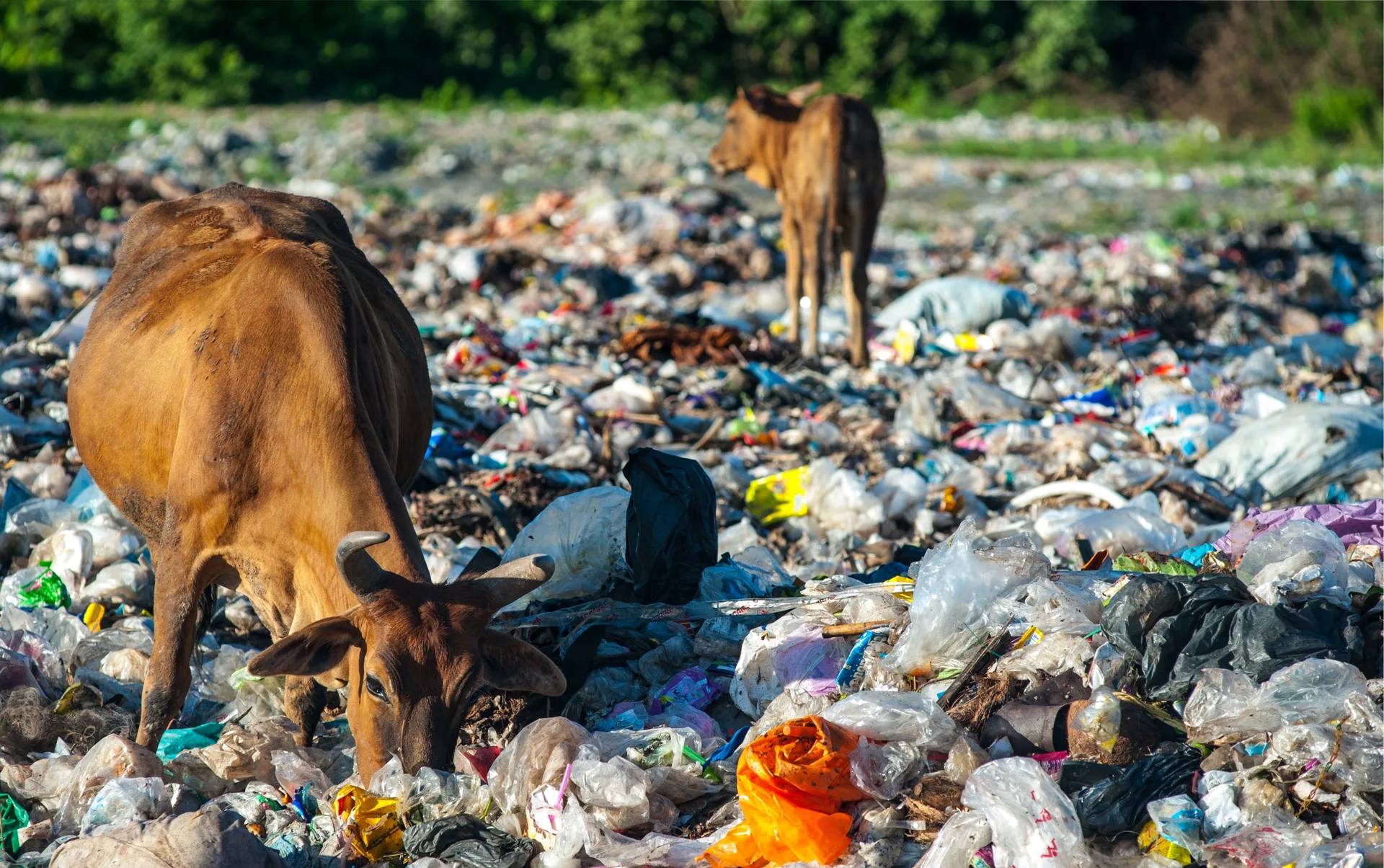
Rakhigarhi, located in Haryana's Hisar district, one of the largest sites of Harappan Civilization in India. Rakhigarhi Festival has begun today, it offers visitors a unique glimpse into one of oldest urban civilization.
These archaeological findings have revealed evidence of a sophisticated civilization that thrived thousands of years ago, complete with planned housing, advanced drainage systems, and intricate social structures.
Remarkable Archaeological Discoveries
Archaeological Survey of India's (ASI) excavations have unearthed extraordinary findings across three major digs. The archaeologists have done most significant discoveries which include 60 well-preserved skeletons, with DNA analysis confirming the site's 5,000-year history. Deeper excavations revealed evidence of human habitation dating back 9,000 years, making Rakhigarhi one of the oldest known urban settlements.
The 2023-24 excavation, led by ASI Additional Director General Dr. Sanjay Kumar Manjul, uncovered 6,000-year-old house walls, shell bangles, raw bricks, copper artifacts, beads, and seals. These findings provide crucial insights into the advanced nature of this ancient civilization.
The three-day festival is inaugurated by Tourism Minister Arvind Sharma and concluding with Chief Minister Nayab Saini's visit, will feature heritage walks across Mounds 1 and 3.
Festival Highlights
Visitors can explore the newly constructed museum, rest house, hostel, and cafe facilities. The festival aims to promote Rakhigarhi's historical significance both nationally and internationally.
The decline of the site have been linked to the eventual disappearance ancient Saraswati River system particularly its tributary Drishadwati.















